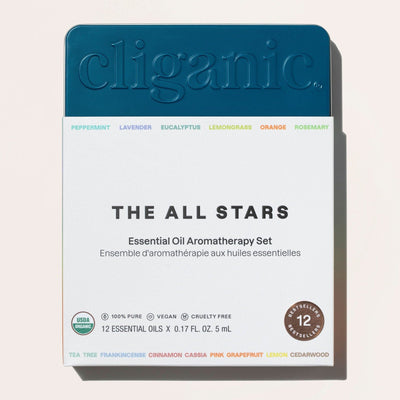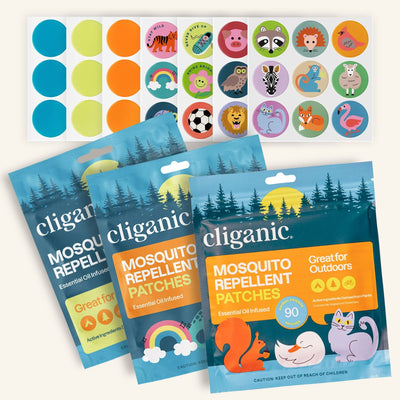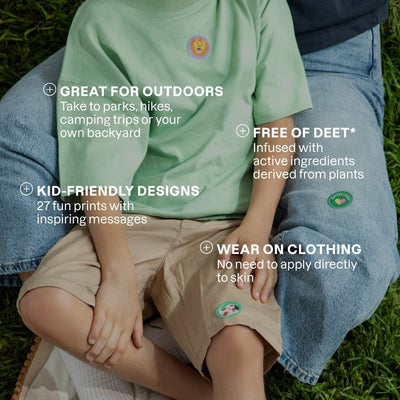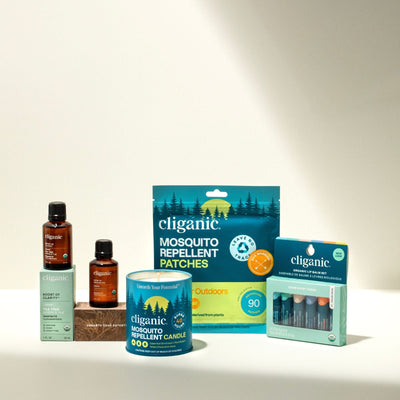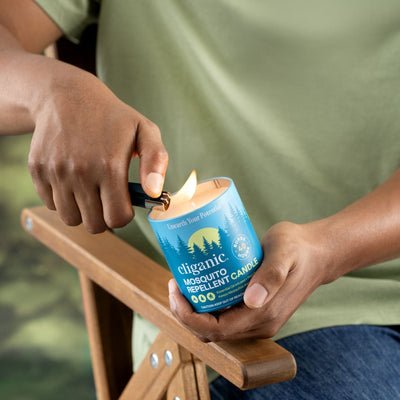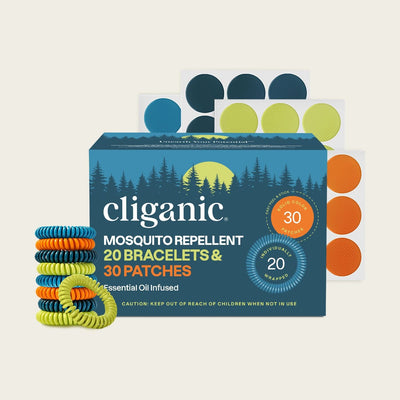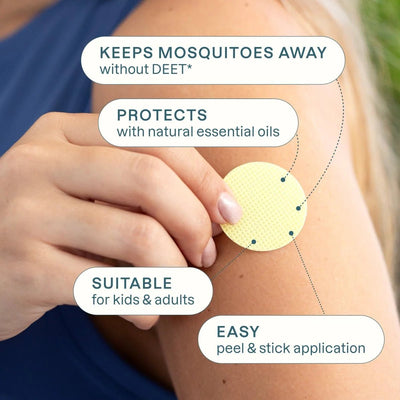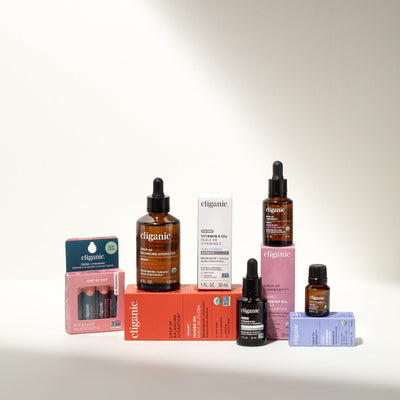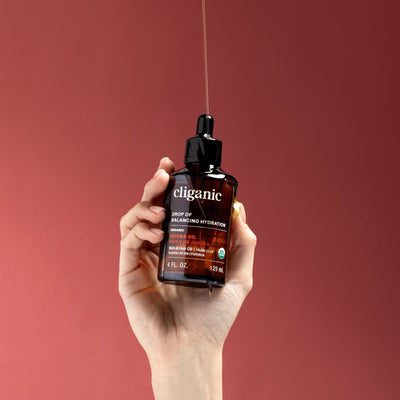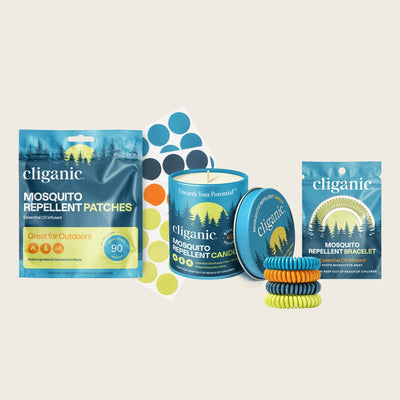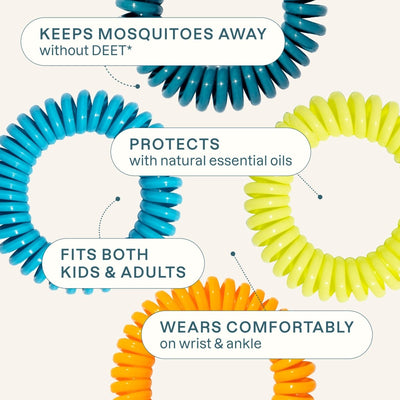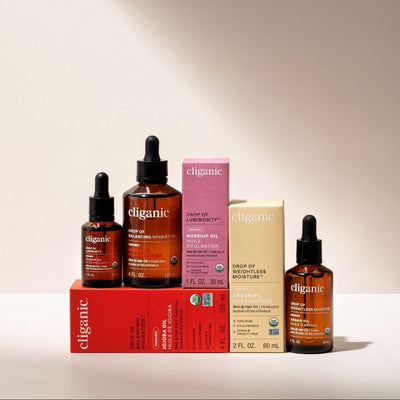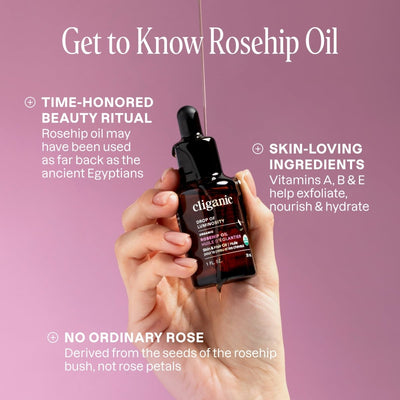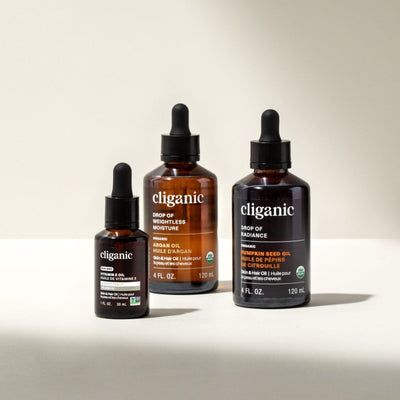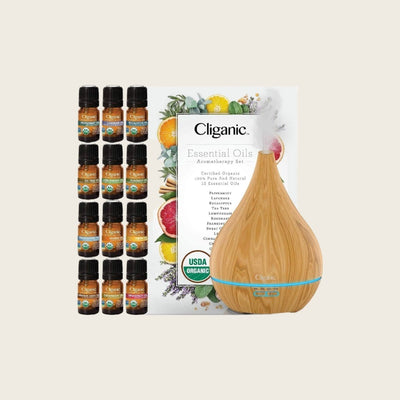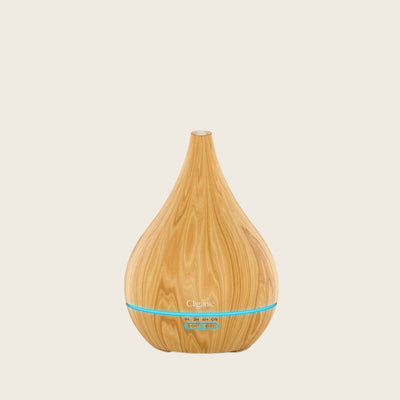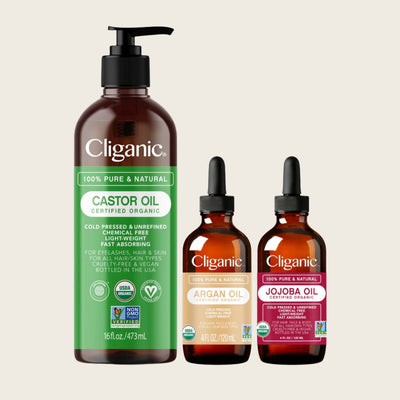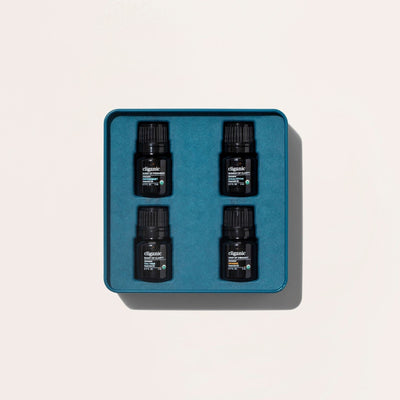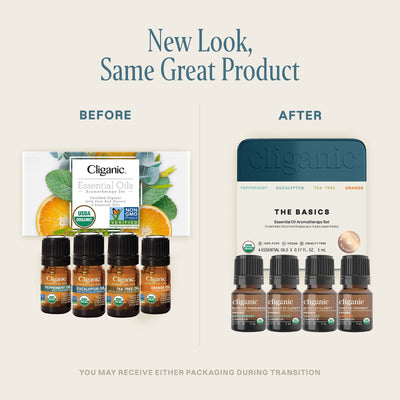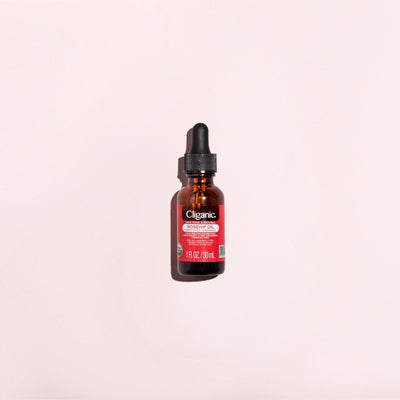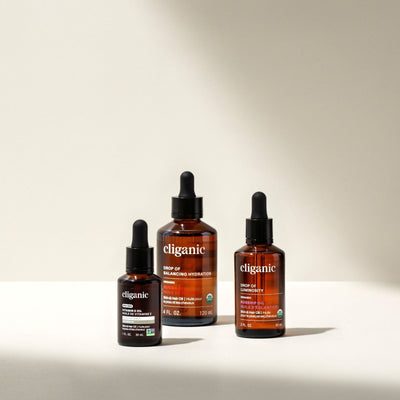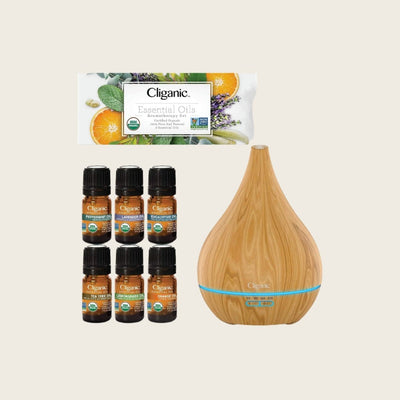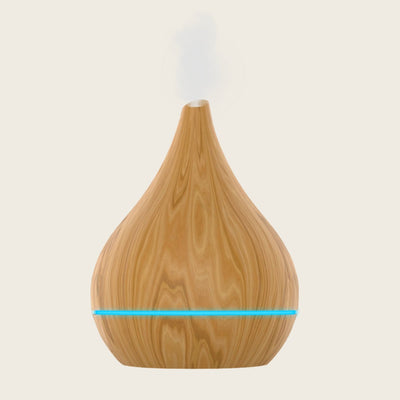13 Jun 2025
Zero-Waste Living: A Beginner’s Guide to Reducing Your Environmental Footprint

The concept of zero-waste living has gained significant traction as environmental concerns are more pressing than ever. Zero-waste living is about reducing the amount of waste you produce and making conscious choices that minimize your impact on the planet. It’s a journey, not a destination, and every small step counts. Here’s a beginner’s guide to help you get started on your zero-waste journey.
1. Start with Small Changes
The key to sustainable living is to start small and build gradually. Begin by identifying areas in your life where you can make simple changes. For example, switch to reusable shopping bags, bring your own coffee cup, and use a refillable water bottle. These small actions can significantly reduce your waste over time.
2. Reduce, Reuse, Recycle
The three Rs—reduce, reuse, and recycle—are the cornerstone of zero-waste living. Focus on reducing your consumption of single-use items, reusing items as much as possible, and recycling what you can’t reuse. For instance, instead of buying new products, consider buying second-hand or borrowing items you need.
3. Compost Your Food Waste
Composting is a fantastic way to reduce the amount of organic waste that ends up in landfills. Start a compost bin in your backyard or use a small indoor composter. Composting not only reduces waste but also provides you with rich soil for gardening.
4. Choose Eco-Friendly Products
When shopping, opt for products with minimal packaging or packaging that can be recycled. Look for items made from sustainable materials and support companies that prioritize environmental responsibility. For personal care products, consider using essential oils, which are natural, versatile, and come in minimal packaging.
Using Essential Oils in Zero-Waste Living

Essential oils are a powerful tool in your zero-waste toolkit. They are concentrated plant extracts that can be used for a variety of purposes, from cleaning to personal care. Here are a few ways to incorporate essential oils into your zero-waste lifestyle:
- Natural Cleaning Solutions: Create your own cleaning products using essential oils. For example, mix 1 cup of water, ½ cup of vinegar, and 4 drops of lemon or tea tree oil to make an all-purpose cleaner. This reduces the need for multiple, single-use cleaning products. Here’s an article with some additional DIYs: Spring Cleaning Recipes Using Essential Oils.
- Aromatherapy: Use essential oils in a diffuser to freshen your home without the need for synthetic air fresheners. This not only reduces waste but also improves air quality.
- Personal Care: Make your own skincare and hair care products using essential oils. For instance, 3 drops of lavender oil in 1 tablespoon of jojoba oil can create a soothing body oil, and 1 drop of peppermint oil can be added to a shampoo base for a refreshing hair wash. This article shares some additional recipes: DIY Skincare Recipes for Dry Skin.
- Pest Control: Essential oils like eucalyptus and citronella can be used to repel insects, reducing the need for chemical pesticides. Check out this article for more ideas: 4 Ways to Repel Mosquitos Using Essential Oils.
5. Mindful Consumption
Be mindful of your consumption habits. Before making a purchase, ask yourself if you really need the item. Consider the environmental impact of the product, from its production to its disposal. Choose quality over quantity and invest in items that are durable and long-lasting.
6. Support Local and Sustainable Businesses
Supporting local and sustainable businesses is a great way to reduce your carbon footprint. Local products often have a lower environmental impact because they don’t need to be transported long distances. Additionally, many local businesses prioritize sustainable practices and use eco-friendly materials.
7. Educate Yourself and Others
Knowledge is power. Educate yourself about the environmental impact of your actions and share what you learn with others. Join zero-waste communities, attend workshops, and follow eco-friendly blogs and social media accounts. If you enjoy sharing zero-waste tips with your community, you can easily create visual guides and social media posts using a poster maker to educate others in a clear and inspiring way. The more you know, the more empowered you will be to make positive changes.
8. Embrace Imperfection
Zero-waste living is a journey, and it’s okay to make mistakes. Don’t be too hard on yourself if you slip up. The goal is to make progress, not perfection. Celebrate your successes and learn from your setbacks.
Final Thoughts
Zero-waste living is a lifestyle that requires commitment and mindfulness, but the benefits are immense. By reducing your environmental footprint, you contribute to a healthier planet and a more sustainable future. Start with small, manageable changes and gradually build eco-friendlier lifestyle. Remember, every small action counts, and together, we can make a big difference. To learn more about sustainable living, take a look at this article: Ways to Upcycle Essential Oil Bottles.



